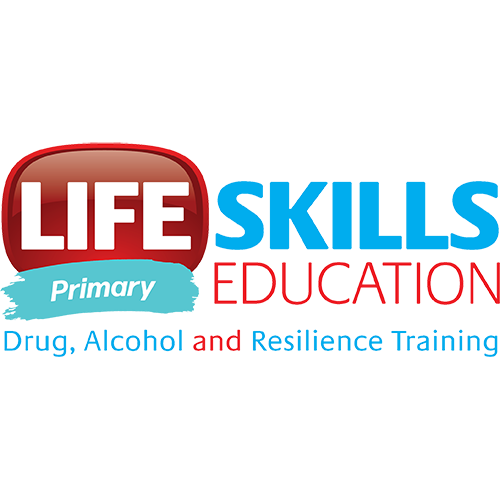Life Skills Education
The PSHE Curriculum is a school subject through which pupils develop the knowledge, skills and attributes they need to keep themselves healthy and safe
Life Skills Education Charity programmes aim to develop skills and attributes such as resilience, self-esteem, risk-management, teamworking and critical thinking within the context of substance misuse. Our courses are designed to fit within the overall school curriculum and have cross curricular activities in areas such as maths, English and science. We are registered with the CAYT Database.
The national curriculum states that ‘all schools should make provision for personal, social, health and economic education (PSHE), drawing on good practice’. Our programmes follow PSHE Association guidelines and are quality assured to Mentor-ADEPIS Quality Standards benchmarks. You can see what over 100 teachers think about our primary programme here.
The Government has committed to making the health education and relationships education/RSE aspects of PSHE compulsory from September 2020. Schools must publish details of their curriculum and the Department for Education has specified that this to include PSHE education. Published policies on PSHE education may be checked by Ofsted when undertaking Section 5 inspections.
All schools must publish their school curriculum by subject and academic year, including their provision of personal, social, health and economic education (PSHE)
The PSHE Association has developed the following evidence-based principles of good practice in PSHE education:
1. Start where children and young people are: find out what they already know, understand, are able to do and are able to say. For maximum impact involve them in the planning of your PSHE education programme.
2. Plan a ‘spiral programme’ which introduces new and more challenging learning, while building on what has gone before, which reflects and meets the personal developmental needs of the children and young people.
3. Take a positive approach which does not attempt to induce shock or guilt but focuses on what children and young people can do to keep themselves and others healthy and safe and to lead happy and fulfilling lives.
4. Offer a wide variety of teaching and learning styles within PSHE education, with an emphasis on interactive learning and the teacher as facilitator.
5. Provide information which is realistic and relevant and which reinforces positive social norms.
6. Encourage young people to reflect on their learning and the progress they have made, and to transfer what they have learned to say and to do from one school subject to another, and from school to their lives in the wider community.
7. Recognise that the PSHE education programme is just one part of what a school can do to help a child to develop the knowledge, skills, attitudes and understanding they need to fulfil their potential. Link the PSHE education programme to other whole school approaches, to pastoral support, and provide a setting where the responsible choice becomes the easy choice. Encourage staff, families and the wider community to get involved.
8. Embed PSHE education within other efforts to ensure children and young people have positive relationships with adults, feel valued and where those who are most vulnerable are identified and supported.
9. Provide opportunities for children and young people to make real decisions about their lives, to take part in activities which simulate adult choices and where they can demonstrate their ability to take responsibility for their decisions.
10. Provide a safe and supportive learning environment where children and young people can develop the confidence to ask questions, challenge the information they are offered, draw on their own experience, express their views and opinions and put what they have learned into practice in their own lives.
Here are some links to other resources on embedding a good PSHE Curriculum
GOV.UK
All schools should teach PSHE, drawing on good practice, and this expectation is outlined in the introduction to the proposed new national curriculum.
PSHE Assciation
The PSHE Association is the national body for Personal, Social, Health and Economic (PSHE) education, we provide advice, training and resources.
Mentor-ADEPIS
Working in partnership with government, and organisations from the private and 3rd sector, to develop best practices and build a strong evidence base.
TES
The Tes Portal can help you attract, train and empower the teachers your school needs to succeed. Transform the way you train your staff
